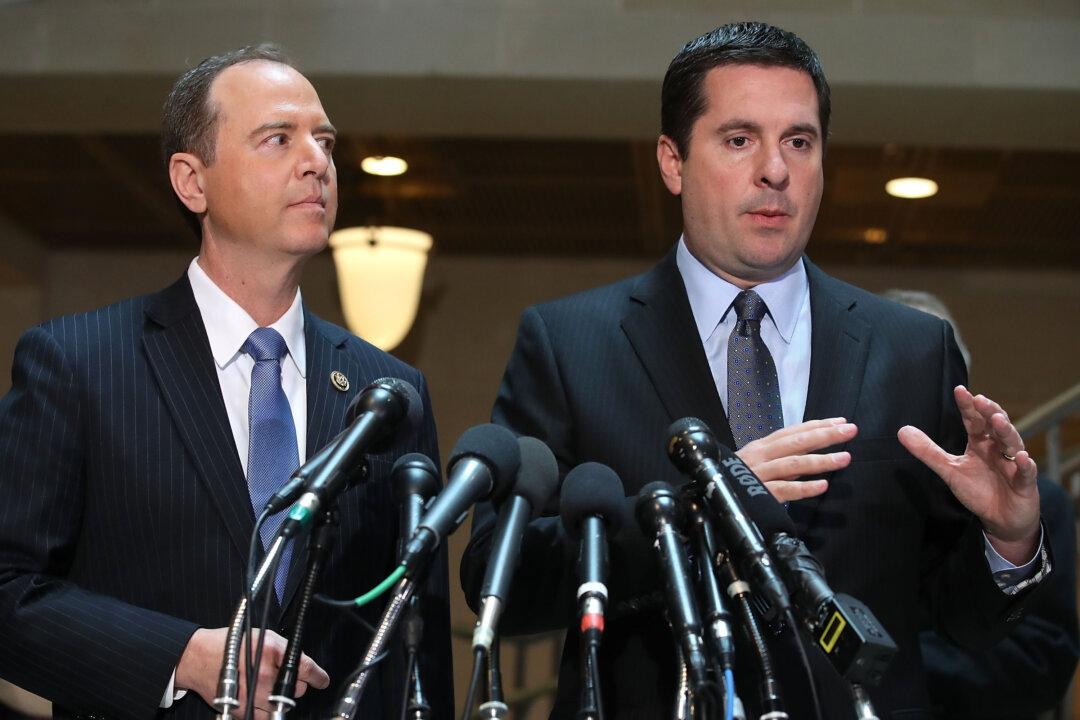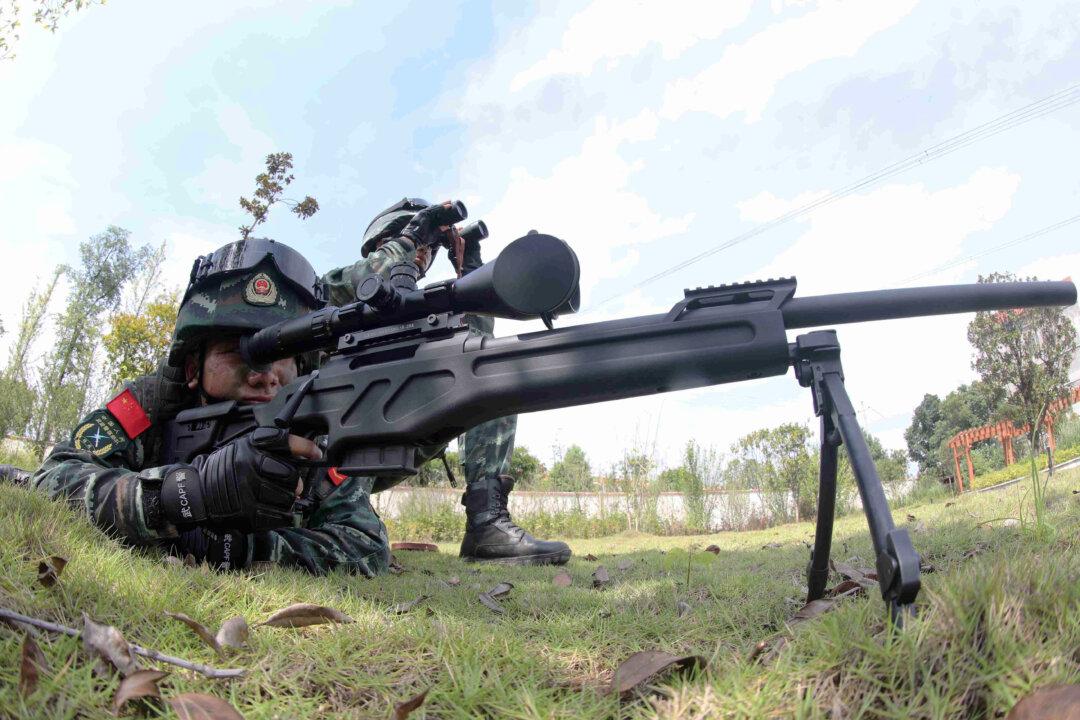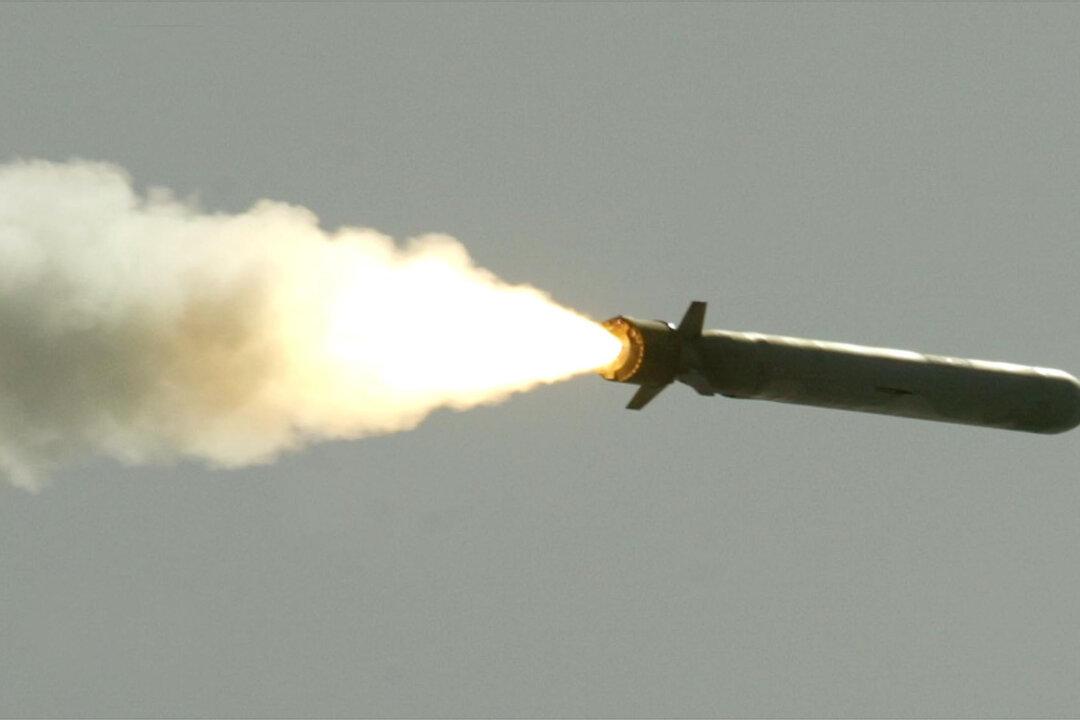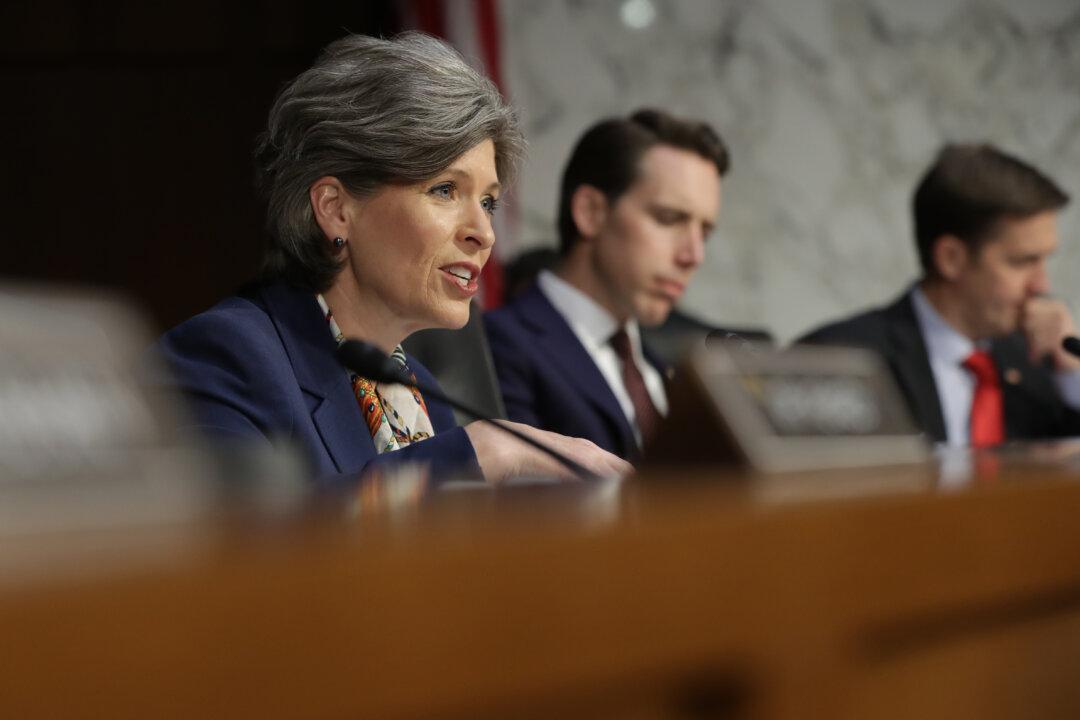The midterm elections have produced a changed leadership picture, and renewed challenges for President Donald Trump, on the national-security committees within Congress.
With the switch to Democratic control in the House, a number of senior Democrats, known in congressional parlance as “ranking members,” will ascend to the chairmanships of their respective committees and subcommittees with the swearing-in of the new Congress in January.




